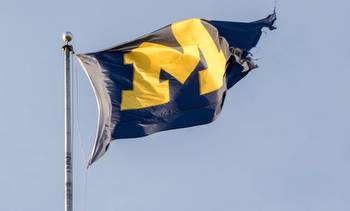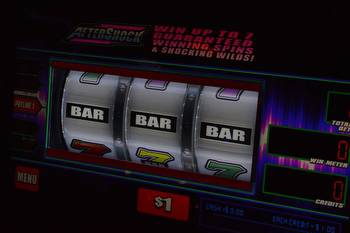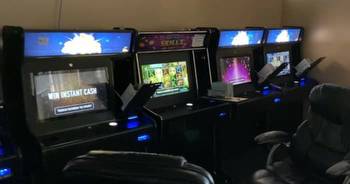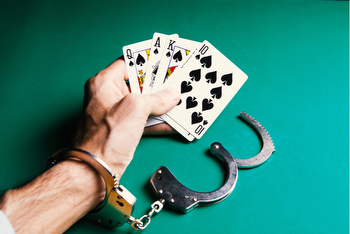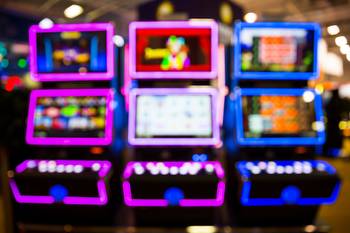Michigan Busts Alleged Slot Gambling Dens In Flint
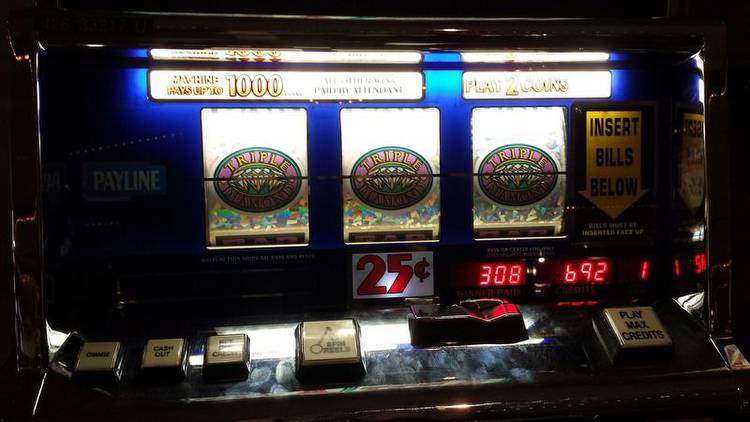
Michigan investigators on Aug. 18 confiscated 11 video slot machines and 56 computers allegedly used for illegal gambling plus $10,141 in suspected gambling proceeds and gift cards in raids conducted at two Flint locations.
The announcement came this week from the Michigan Gaming Control Board.
The Cellular Vault and Cellular Bank were the names of the businesses. The machines, cash, associated equipment and business records were removed as part of joint investigations of the two businesses by the Michigan Department of Attorney General and the Michigan Gaming Control Board.
“The MGCB received several anonymous tips regarding both Flint locations, and we thank the public for their help in rooting out possible illegal gambling activities,” said Henry Williams, MGCB executive director. “Patrons at alleged storefront casinos do not have access to the consumer protections required for legal, regulated gambling. The operations also can draw other types of crime to the surrounding neighborhoods.”
The Cellular Vault contained 39 computers used to play slot-style games, and Cellular Bank housed 11 slot machines “similar to those seen in a commercial casino” and 13 computers used to play slot-style games. Cellular Bank also provided patrons a card with a , allowing them to wager online from home.
In April, MGCB investigators removed 100 devices used for gambling and $29,200 in suspected gambling profits from two other alleged storefront casinos, The State Road Spot in Davison and The Bristol Spot in Burton. The Davison and Burton locations remain under state investigation.
Legal online casino gambling in Michigan, offered by the Detroit casinos and the tribal casinos sprinkled around the state, generated $126.6 million in revenue in July. Most of that was from online slots.
The state of Michigan is home to 26 brick-and-mortar casinos which generate a combined $4.1 billion annually each year, according to the American Gaming Association.











